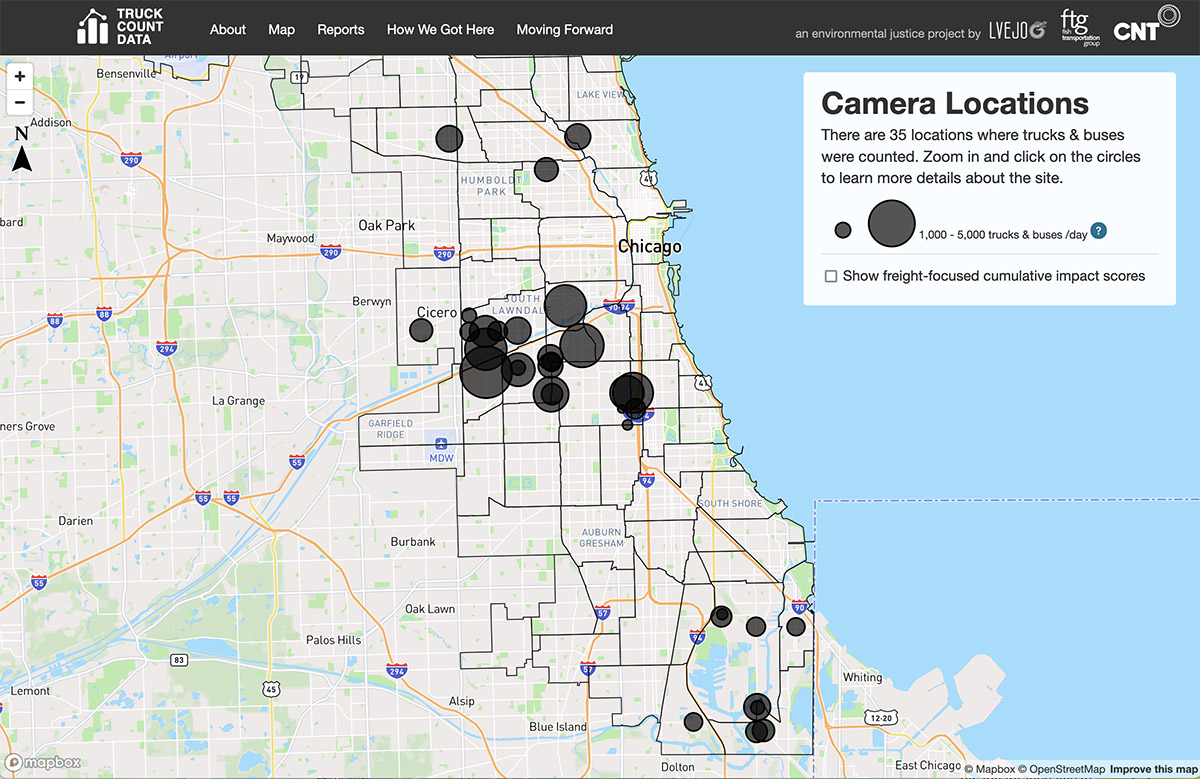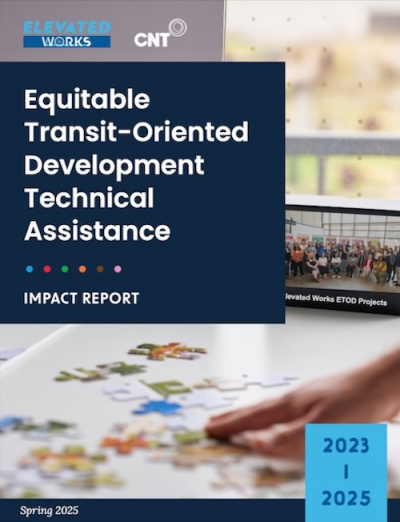Effective strategies include reducing costs for businesses and families, improving access to jobs and services, and targeting job creation programs
Chicago, Ill.—On Thursday, the Center for Neighborhood Technology (CNT) announced a new framework for economic development that turns the traditional job creation model on its head, generating economic growth from the ground up by reducing costs for families and businesses.
In communities across the country, high poverty rates, stagnant wages, and the rising cost of living are dragging down local economies. In contrast, new efficiencies and targeted investments can provide a win-win for communities, boosting economic growth while putting more money in the pockets of working families. The Urban Opportunity Agenda gives civic leaders the tools to choose investments that reduce poverty, create economic opportunity, and build stronger cities.
“More than any sports arena or business subsidy, poverty reduction has the potential to be an economic engine for cities,” said Center for Neighborhood Technology President Scott Bernstein. “By making targeted investments that help families spend less on the basics, we can create widespread economic value.”
With support from the John S. and James L. Knight Foundation, CNT evaluated 10 communities and found that the number of people living in poverty could be reduced by 25 percent or more though a combination of expense reductions for families, targeted job creation, and smarter public and private investments. For each of the 10 communities, CNT has compiled data on the economic costs of poverty and identified a portfolio of concrete poverty reduction strategies.
The 10 Urban Opportunity Agenda communities include:
Akron-Summit, Ohio
Charlotte, North Carolina
Detroit, Michigan
Gary, Indiana
Long Beach, California
Macon-Bibb, Georgia
Miami-Dade, Florida
Philadelphia, Pennsylvania
San Jose, California
St. Paul, Minnesota
“Our current economic development strategies are not enough to significantly reduce poverty,” said Bruce Katz, Centennial Scholar, Brookings Institution. “We need to shift how we go about creating economic opportunity. The Urban Opportunity Agenda gives communities a blueprint for how to use public resources more efficiently and make a real difference for families of all incomes.”
Economic growth is not enough to reduce poverty
For decades, cities and states have relied on top-down strategies for economic development, spending millions on outdated, unsustainable infrastructure and a mix of subsidies and tax breaks for corporations.
CNT’s research shows that when civic leaders allocate resources to programs that reduce waste, lower expenses for families, and create connected communities, multiple benefits follow:
- Reduced spending on transportation by all households
- Lower household energy and water costs for all households
- Improved access to basic services, jobs, and education for everyone
These investments are doubly effective because they lift low-income residents out of poverty and they provide benefits to people and businesses across the community. As poverty is reduced, wages go up, more jobs are created, and social service costs go down.
“After decades of suffering from shrinking populations, cities are growing again,” said Benjamin de la Peña, director for community and national strategy at Knight Foundation “But that growth is juxtaposed against chronic poverty. Three-quarters of high-poverty urban neighborhoods that were around in 1970 are still poor today. The Urban Opportunity Agenda can help cities identify investments that can address community challenges and also support growth.”
In the coming weeks, CNT will be holding meetings and conversations with elected officials, community organizations, and business leaders in 10 Urban Opportunity Agenda communities. To host a conversation or find out more about scheduled events, please contact Jen McGraw at jen@cnt.org or 415.644.0877.
“Any public official knows that money doesn’t grow on trees,” said Joel Rogers, director of COWS and the Mayors Innovation Project. “The Urban Opportunity Agenda provides cities with a guide to making smarter investments, allowing us to produce the highest return on those investments to the benefit of businesses, working families, and the local economy.”
A complete summary of the Urban Opportunity Agenda, including full reports and data analysis for each of the 10 communities, is available at http://www.cnt.org/urban-opportunity-agenda.
About the Center for Neighborhood Technology
The Center for Neighborhood Technology (CNT) is an award-winning innovations laboratory for urban sustainability. CNT delivers game-changing research, tools, and solutions to create sustainable and equitable communities. Learn more at CNT.org.
About the John S. and James L. Knight Foundation
Knight Foundation supports transformational ideas that promote quality journalism, advance media innovation, engage communities and foster the arts. The foundation believes that democracy thrives when people and communities are informed and engaged. For more, visit www.KnightFoundation.org.





 Strengthening Transit Through Community Partnerships
Strengthening Transit Through Community Partnerships